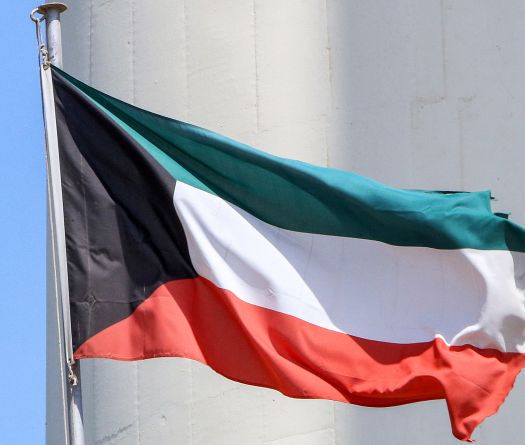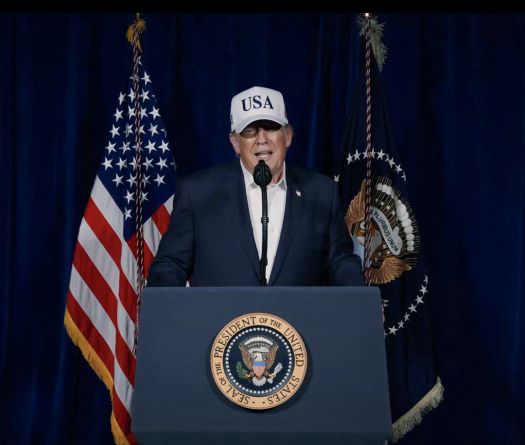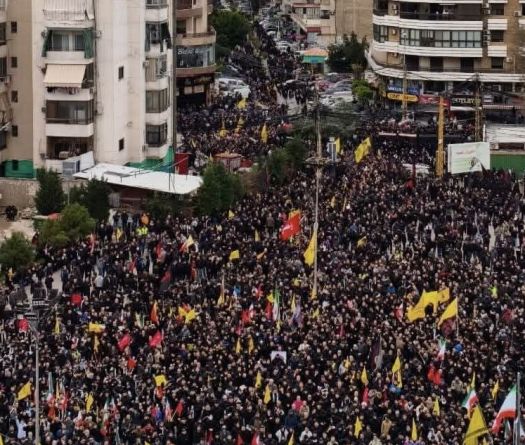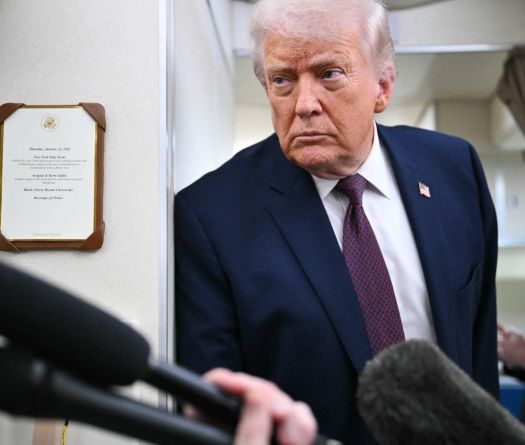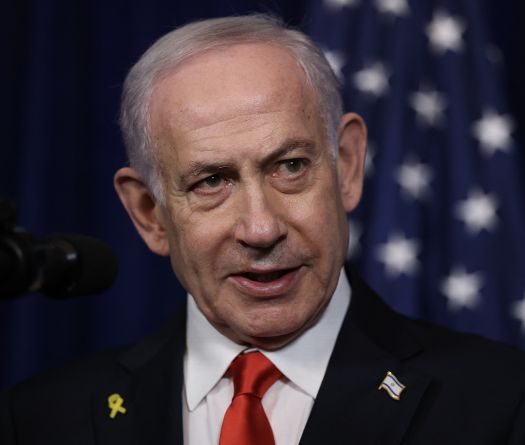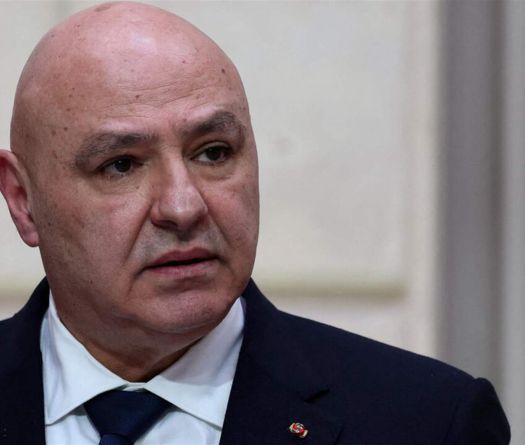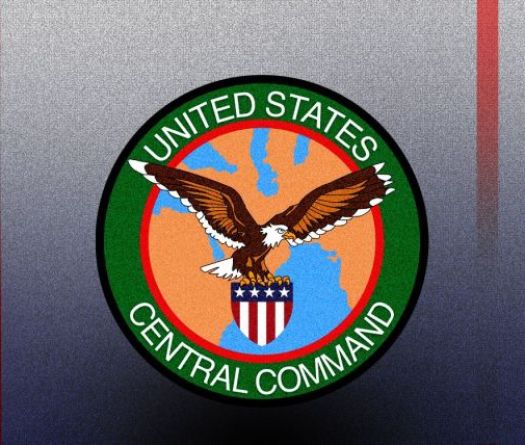
- 22:01 Trump says 'we expect casualties' after three US service members die: NBC
- 21:54 France, Germany, UK ready to take 'defensive action' against Iran
- 21:43 Mideast 'stands to lose greatly' from long war, EU warns after FM talks
- 21:37 Texas gunman had expressed 'pro-Iranian regime sentiment': SITE Intelligence Group.
- 21:29 US announces destroyed headquarters of Iran's Revolutionary Guards
- 21:16 Blasts heard over Jerusalem after incoming Iran missiles detected: AFP journalists
- 21:12 Police station near Tehran hit by strikes, people trapped under rubble: local media
- 20:55 Strikes kill two Iran-backed fighters near Iraq-Syria border: security, pro-Iran group sources
- 20:54 Israel army says 'severe blow' dealt to Iran's commmand and control centres
- 20:35 UAE withdraws ambassador from Iran, closes embassy over attacks: statement


Israel Warns Hezbollah of “Severe Blow” as Group Condemns U.S.-Israeli Strikes on Iran
This is Beirut 28/02 17:50

Lebanese Authorities Warn Hezbollah Over Escalation Risks as Regional War Rages
This is Beirut 28/02 14:10

Israeli Airstrikes Target Southern Lebanon Amid Escalation with Iran
This is Beirut 28/02 11:10

Israel Deploys 91st Division to Lebanon Border as Lebanese Leadership Warns Against “Adventures”
This is Beirut 28/02 10:15
See all
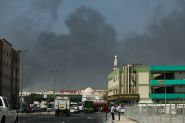

Iranian Missile Strike Hits Israel, Killing at Least Nine
This is Beirut 16:30

Gulf Countries to Hold Video Meeting on Iran Attacks Sunday: Two Diplomats
This is Beirut 15:05

Iran State TV Says Oil Tanker Struck in Strait of Hormuz
This is Beirut 14:10

